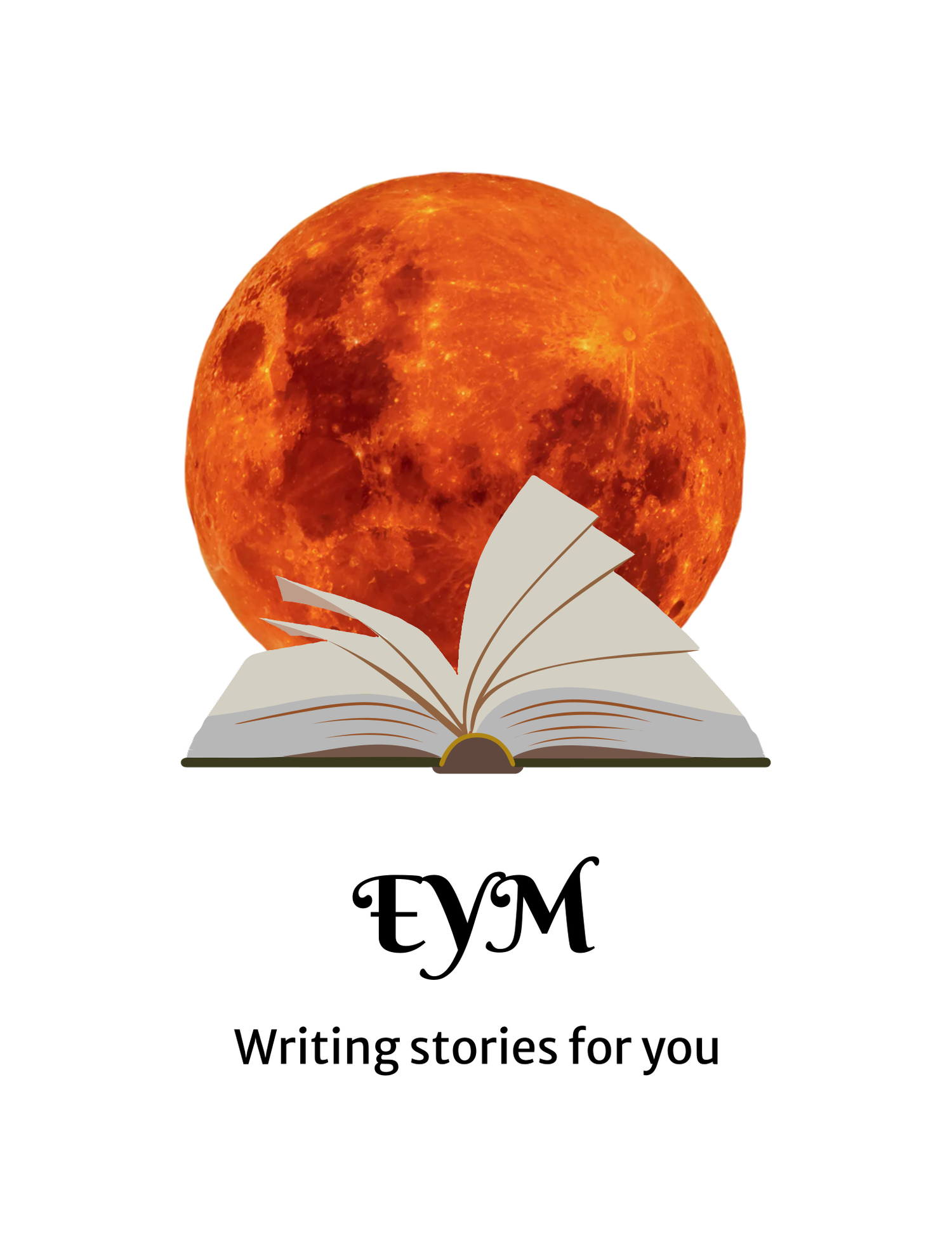Story Planning For Writers
What Interests You?
Memorable stories begin with great characters and an engaging plot. Your mind is drawn to what interests you. When ideas flood your brain, it’s hard to keep them straight. You need a way to organize the big picture and details. Jot them down. Maybe you want to write a poem or a story for fun. Maybe you want to enter contests or publish a book. Perhaps you have a novel in your mind, and you want to share it with the world. Whatever it is, your plan can keep writer’s block away. Frustration kills the joy of writing.
Don’t worry about a perfect first draft or thinking of all the details. Just get organized enough to know how your story begins and ends. Start your project. Don’t let anyone tell you that you can’t write what you want. Your drive and passion separates your work from a mediocre writer. Passion comes from writing what you like and know. If you’re ever bored with the story, the reader will be too. If your mind wanders while pounding your keyboard, you’ll know you’re on a mental detour.
Outlining Can Be Easy
Outlining doesn’t have to be hard, so don’t overthink it. Find a reliable pen, a spiral notebook and put ink to paper. Let the words flow. That works well for poetry. Suppose you want to write a poem about the sea. Write a word that reminds you of the ocean. Then write the next word you think of. Keep the list going. I circle each word, making a bubble as I write them down. I do that until I fill the page. Once all the one word ideas cover the page, I stop. What does it mean? What feeling or emotion goes with the words? I decide the point of my poem and write a draft.
It might take several drafts to get the rhythm of the poem right. It might happen right away. What I do might not work for you. But that’s how I organize my thoughts to write poetry.
Checklists Make Great Basic Outlines
Here’s a checklist to get started for a fiction piece.
List the characters and their relationship to one another.
List the things that are important to the characters and why it matters so much to them?
Decide what the crux of the story will be. That’s what turns the world upside down. Here’s a little bonus. Once you begin writing the story, begin it on the day of the crisis that affects your main character.
What is standing in the way of your character to get rid of their little problem. In other words, what keeps them from flipping their world right side up again?
What needs to happen for your character to get to the finish? This is the main goal, though your character may have other challenges along the way.
How does your main character change in the process? ( figure this out for your villian too)
How does your main character’s mental transformation help them get to the end of the story? He or she must take action to overcome an emotional obstacle and achieve the main goal.
And how does the main character’s background make their circumstances worse for him/ her than a generic character? For example: If a character has a fear from the past, and he’s faced with a similar situation, it affects him more than someone who had never experienced that. Imagine a man who lost his entire family in a fire being forced to work as a firefighter. That would be hard for him. Now imagine a serial arsonist is setting fire to homes every night when the firefighter is on duty. It makes his job worse than someone who didn’t lose his family in a fire.
Nothing Is Written In Stone
The best part about writing is the story will evolve as it’s written. What you don’t know will come to you later as you flesh out the tale. But a little planning will help. Some people make huge outlines, detailing everything before they start. That’s okay too. The process for one person may not work for another person. I’m just telling you what works for me.
Another thing, nothing is written in stone. You can’t mess up anything that can’t be fixed. Writing is kind of like cooking. If the initial recipe ( the outline) doesn’t create something good, start over.
